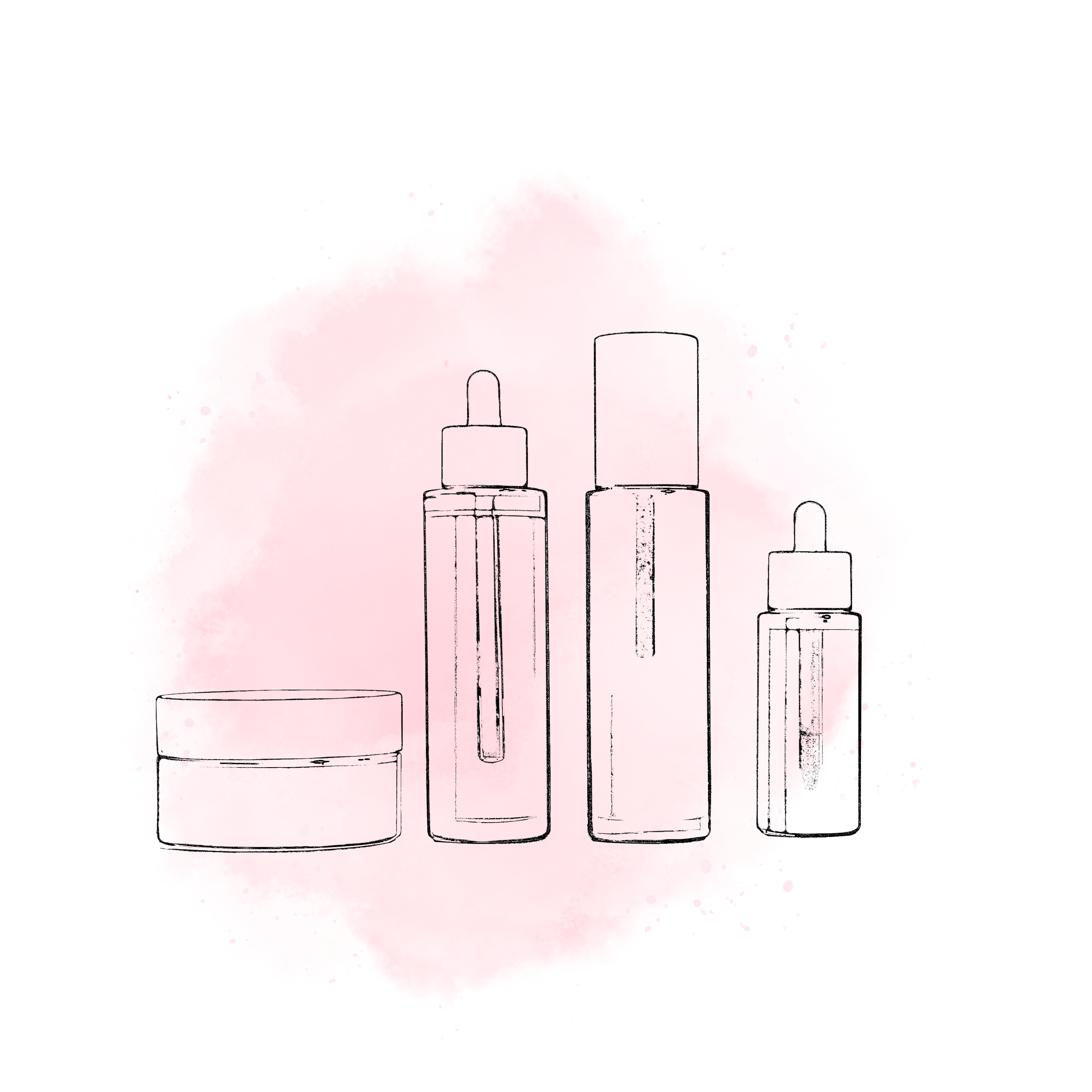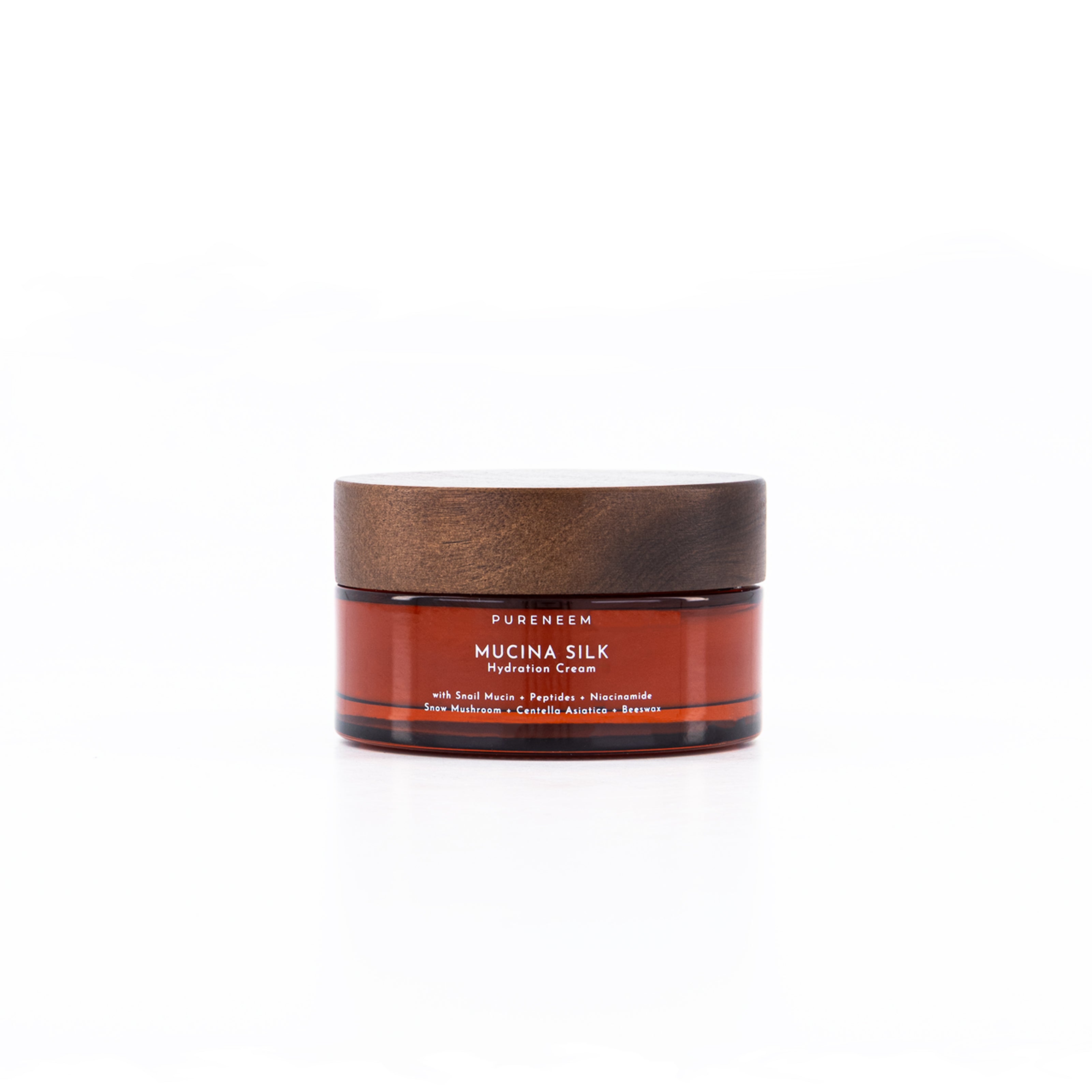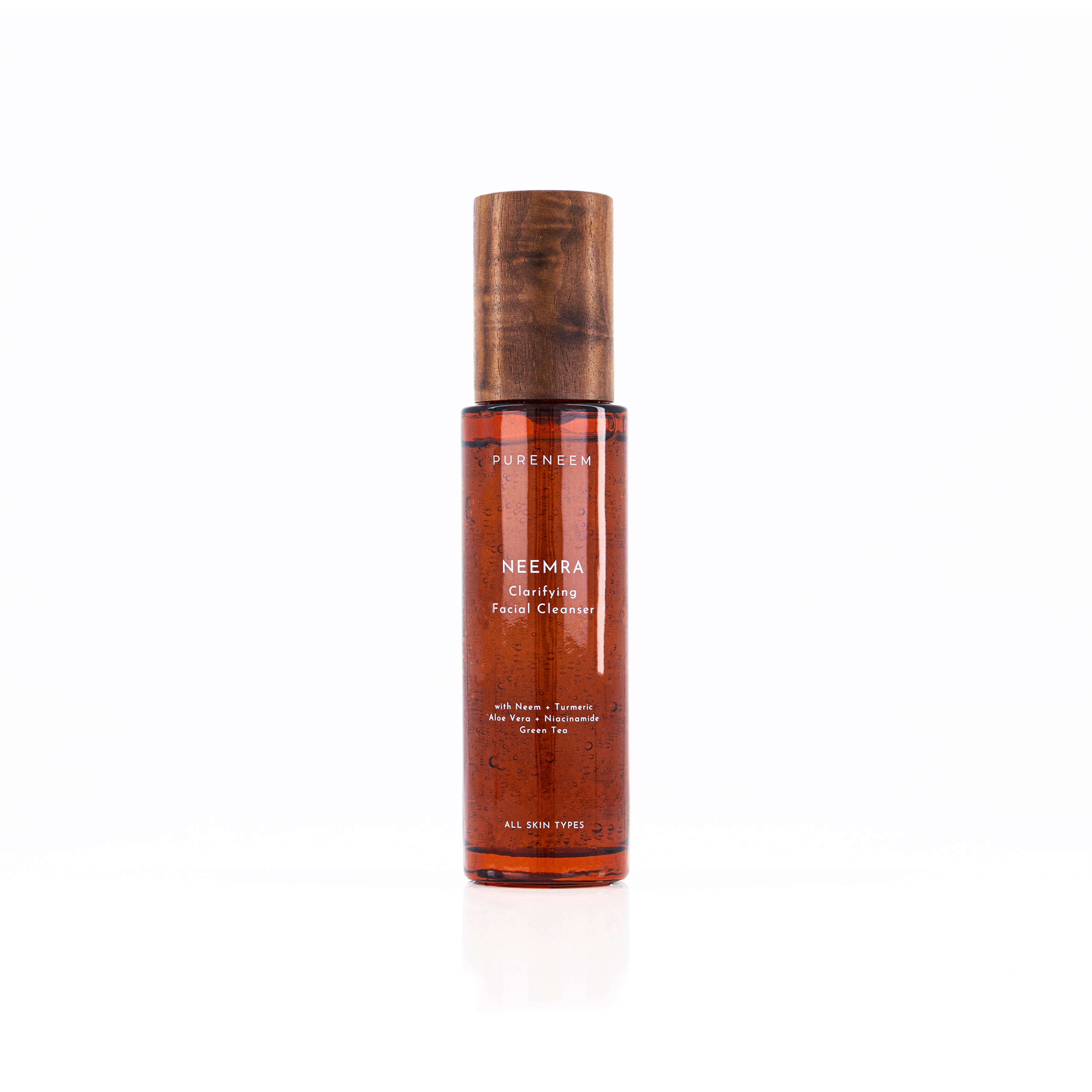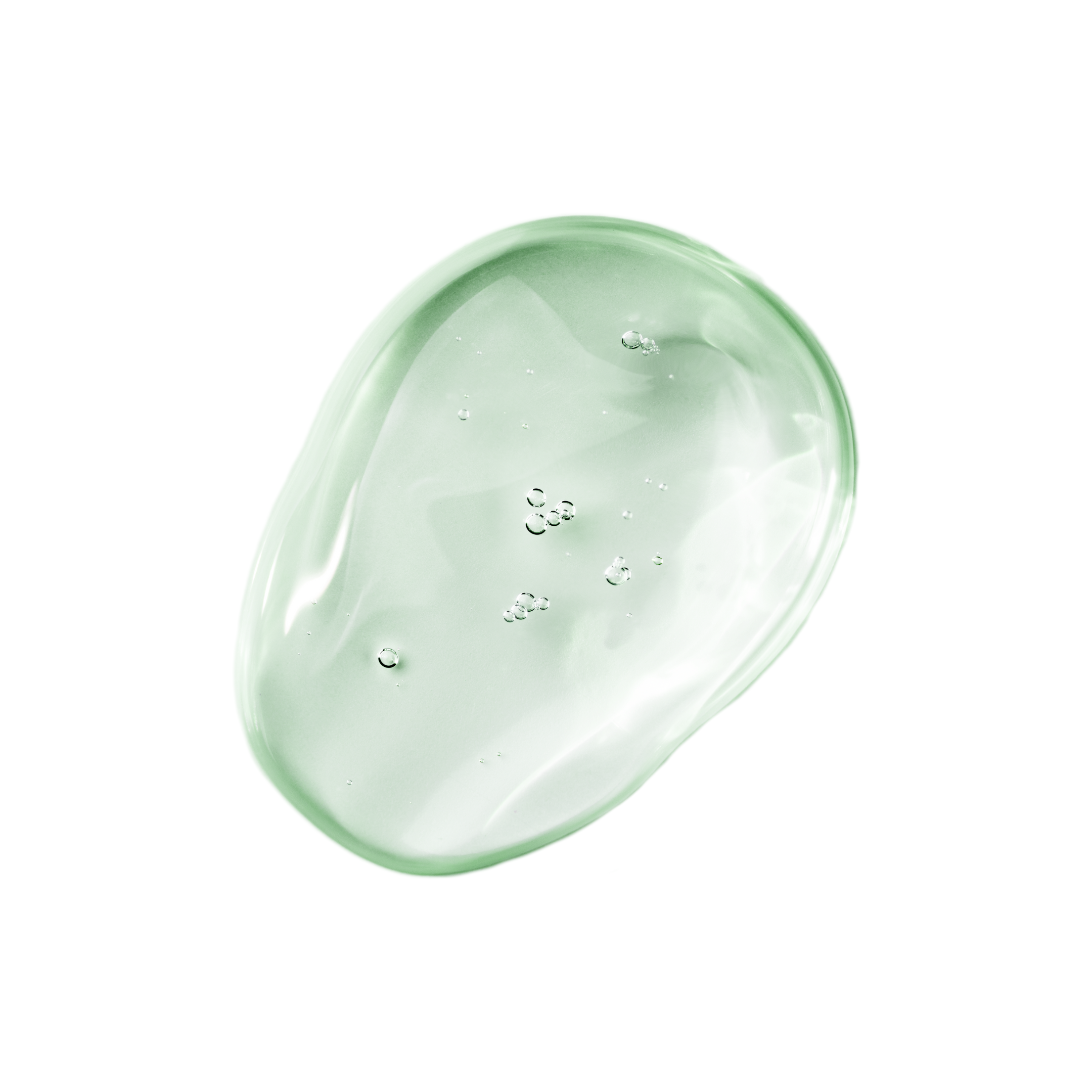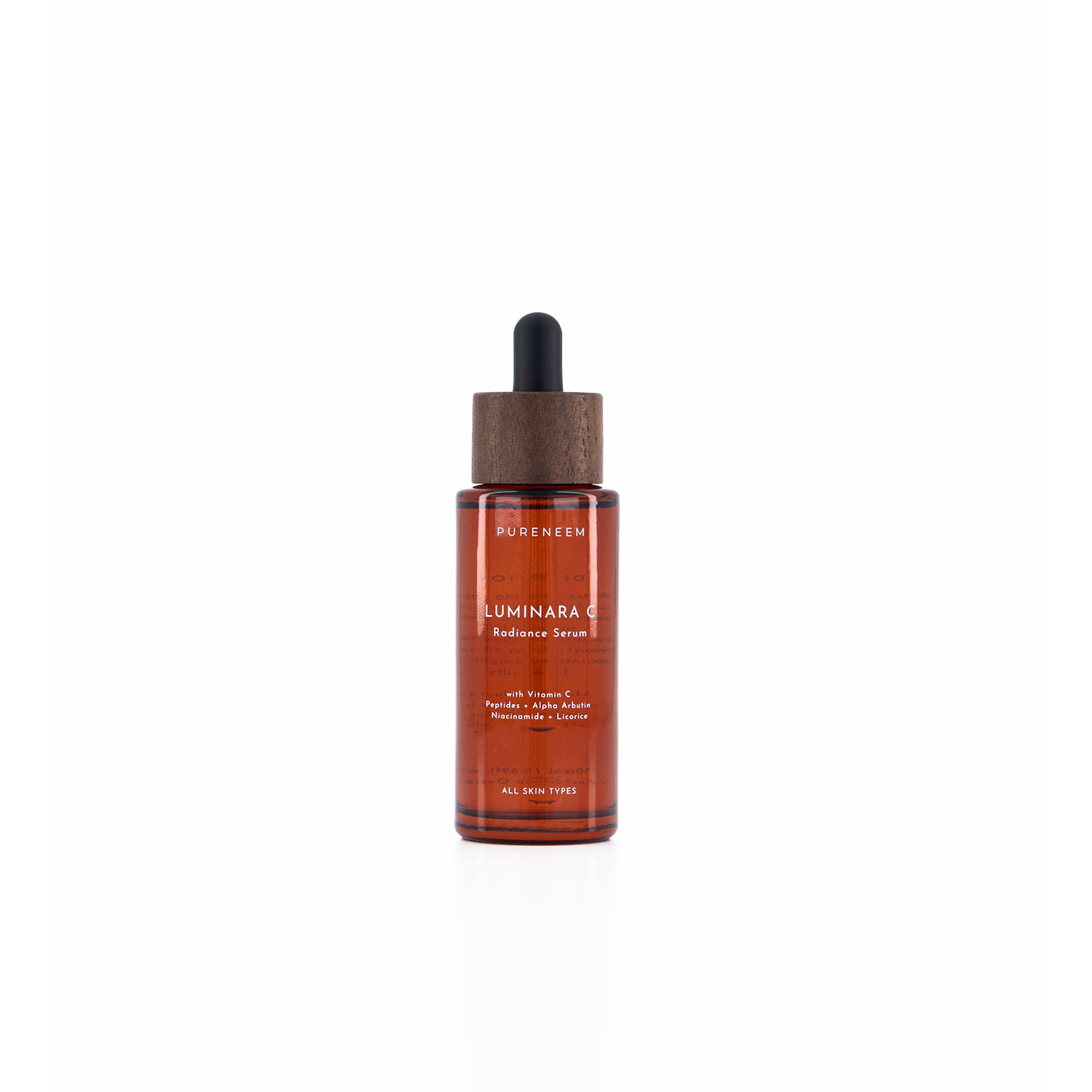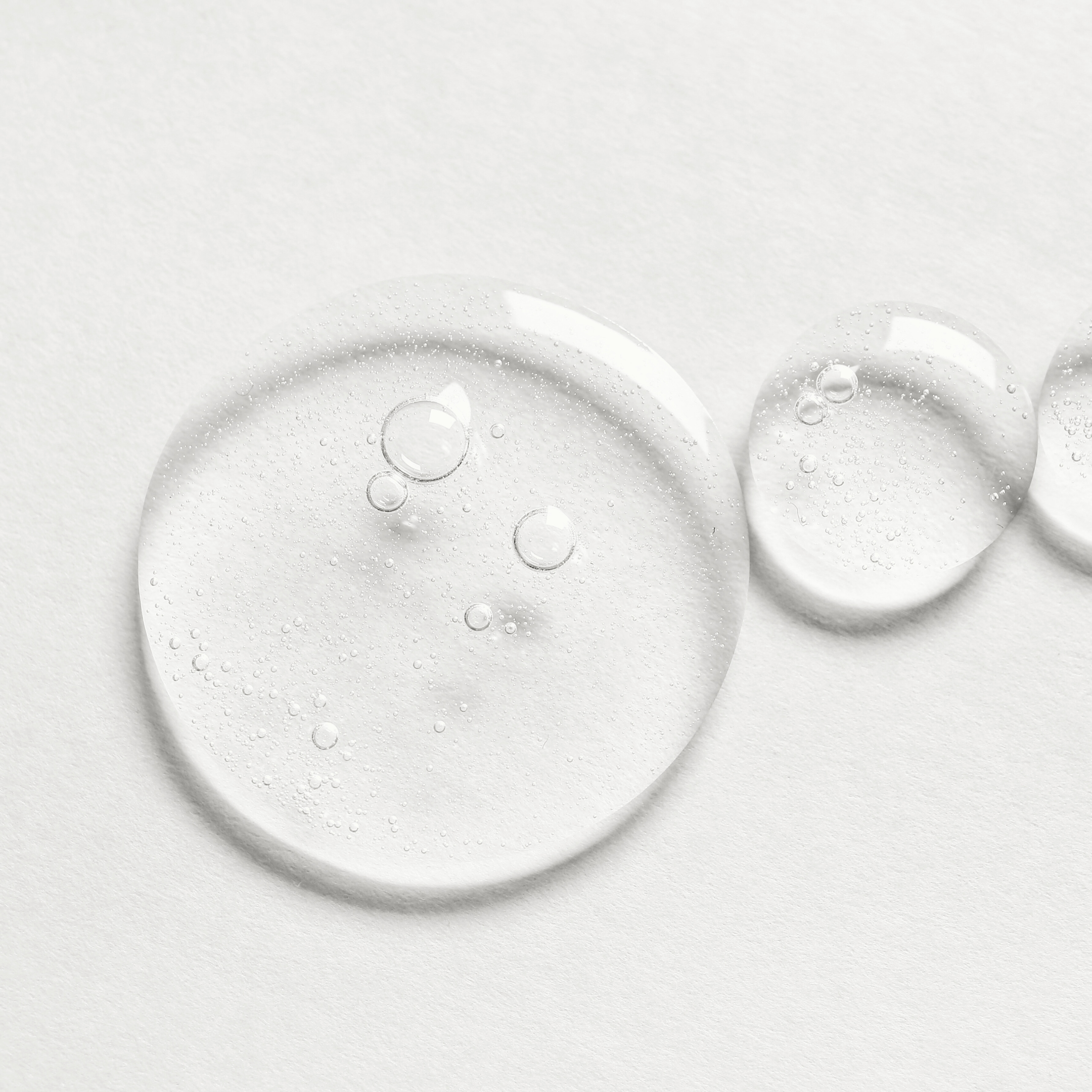Date: 15/07/2025
Niacinamide: The Multitasking Powerhouse for Healthy Skin
Niacinamide—also known as vitamin B3—has quietly become one of the most celebrated and scientifically validated ingredients in modern skincare. Gentle yet remarkably effective, niacinamide delivers a wide range of benefits that make it a must-have for nearly every skin type and concern.
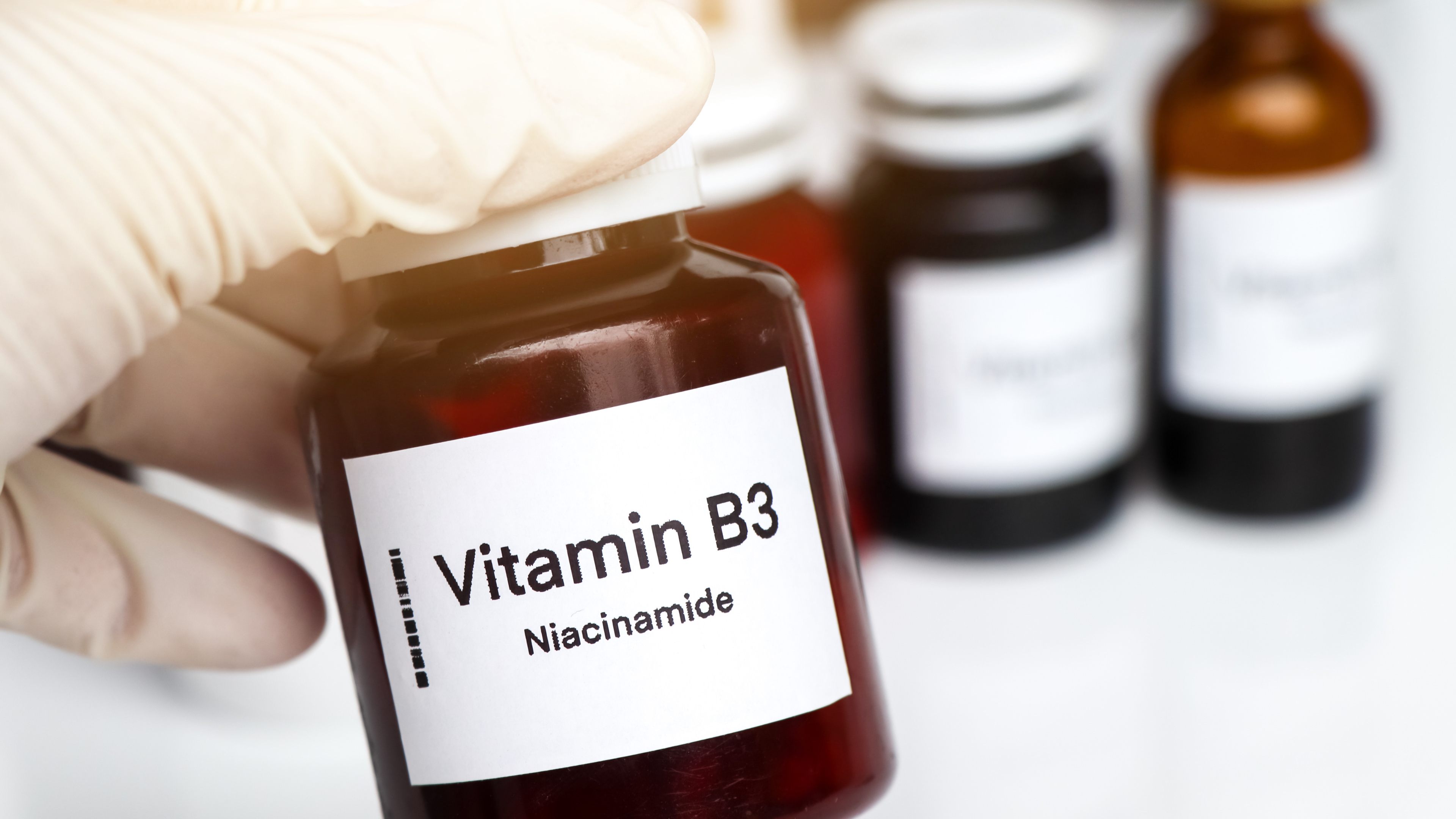
What Is Niacinamide?
Niacinamide is a water-soluble form of vitamin B3, an essential nutrient that supports many cellular processes in the skin. It plays a vital role in maintaining skin health by supporting barrier function, reducing inflammation, improving texture, and enhancing hydration retention (Bissett et al., 2005).
Unlike more aggressive actives such as retinoids or alpha-hydroxy acids, niacinamide is well-tolerated by most skin types, including sensitive, acne-prone, and rosacea-affected skin (Draelos, 2013). This versatility makes it a cornerstone of intelligent, effective skincare.
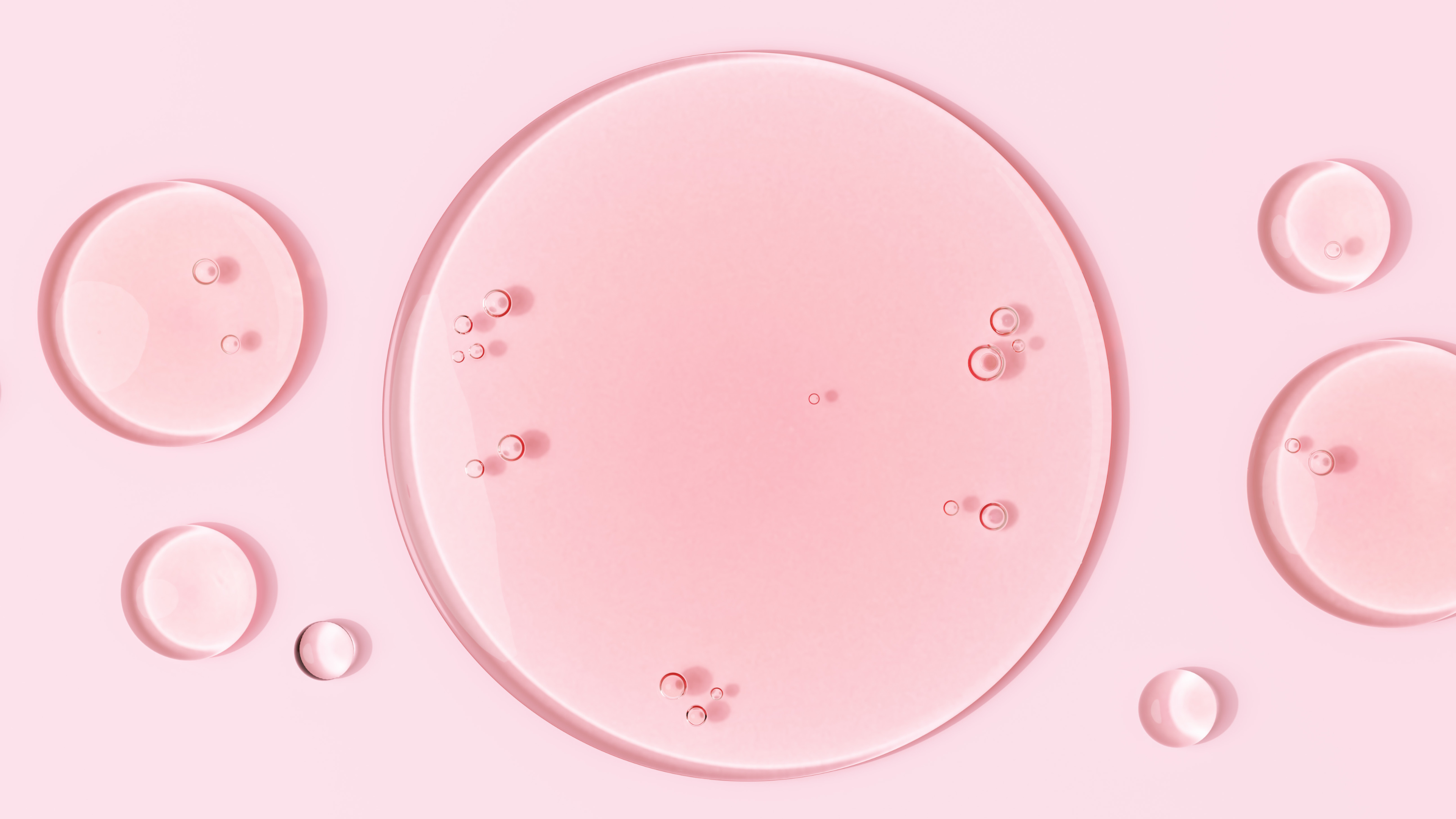
Proven Skin Benefits
Scientific studies have shown that niacinamide can visibly reduce the appearance of pores, improve uneven skin tone, soften fine lines, and even reduce hyperpigmentation (Hakozaki et al., 2002). It also boosts the production of ceramides and other lipids that strengthen the skin’s barrier, helping to retain moisture and defend against environmental aggressors (Gehring, 2004).
Additionally, niacinamide exhibits anti-inflammatory properties that calm redness and irritation. This makes it particularly beneficial for those with acne or sensitive skin, as it can help regulate sebum production without causing dryness or flakiness (Draelos, 2006).
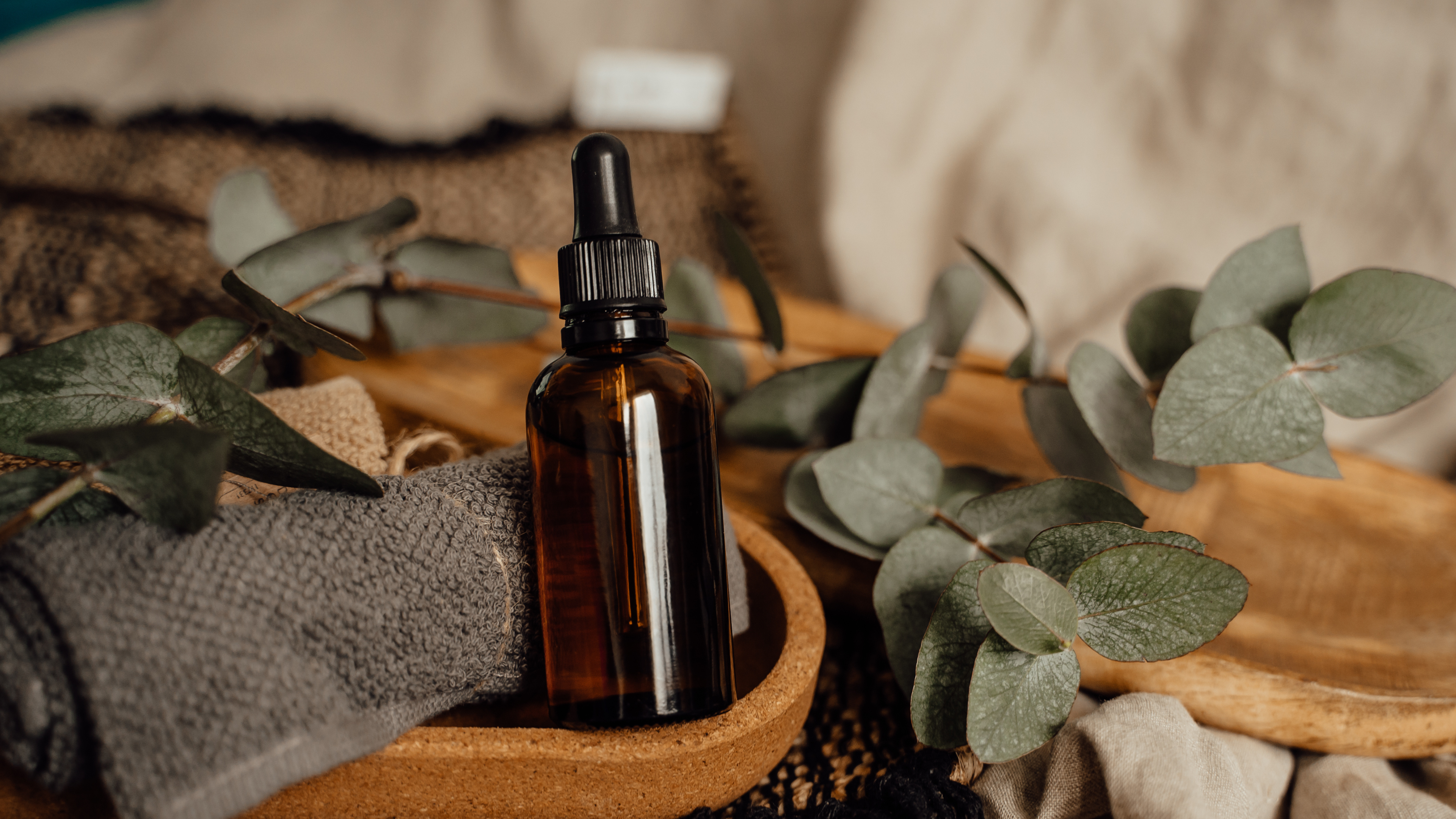
Compatibility and Formulation
Niacinamide pairs well with a wide range of other ingredients, including hyaluronic acid, peptides, antioxidants, and even retinol. When used in concentrations between 2% and 10%, it demonstrates optimal efficacy without compromising skin tolerance (Surjana et al., 2010).
To achieve visible results, consistency is key. Products formulated with stabilized niacinamide and a balanced pH environment ensure maximum performance with minimal irritation.
PureNeem’s Thoughtful Integration of Niacinamide
At PureNeem, we embrace niacinamide for its proven, multifaceted benefits and skin compatibility. You'll find this powerhouse vitamin in products such as our Liquorice Brightening Serum and Neemra Face Wash, where it works synergistically with Ayurvedic botanicals and other advanced actives to brighten, clarify, and soothe the skin. In keeping with our philosophy of intelligent beauty, niacinamide helps us deliver holistic, high-performance formulations that go beyond the surface to support long-term skin health.
The Synergy of Ayurveda & Science
References
- Bissett, D. L., Oblong, J. E., & Berge, C. A. (2005). Niacinamide: A B vitamin that improves aging facial skin appearance. Dermatologic Surgery, 31, 860–865.
- Hakozaki, T., Minwalla, L., Zhuang, J., Chhoa, M., Matsubara, A., Miyamoto, K., & Greatens, A. (2002). The effect of niacinamide on reducing cutaneous pigmentation and suppression of melanosome transfer. British Journal of Dermatology, 147(1), 20–31.
- Gehring, W. (2004). Nicotinic acid/niacinamide and the skin. Journal of Cosmetic Dermatology, 3(2), 88–93.
- Draelos, Z. D. (2006). The effect of niacinamide on reducing acne and improving skin barrier function. Cutis, 78(2 Suppl), 13–19.
- Surjana, D., Halliday, G. M., & Damian, D. L. (2010). Role of nicotinamide in DNA damage, mutagenesis, and DNA repair. Journal of Nucleic Acids, 2010, 157591., D. L., Oblong, J. E., & Berge, C. A. (2005). Niacinamide: A B vitamin that improves aging facial skin appearance. Dermatologic Surgery, 31, 860–865.
- Hakozaki, T., Minwalla, L., Zhuang, J., Chhoa, M., Matsubara, A., Miyamoto, K., & Greatens, A. (2002). The effect of niacinamide on reducing cutaneous pigmentation and suppression of melanosome transfer. British Journal of Dermatology, 147(1), 20–31.
- Gehring, W. (2004). Nicotinic acid/niacinamide and the skin. Journal of Cosmetic Dermatology, 3(2), 88–93.
- Draelos, Z. D. (2006). The effect of niacinamide on reducing acne and improving skin barrier function. Cutis, 78(2 Suppl), 13–19.
- Surjana, D., Halliday, G. M., & Damian, D. L. (2010). Role of nicotinamide in DNA damage, mutagenesis, and DNA repair. Journal of Nucleic Acids, 2010, 157591.

